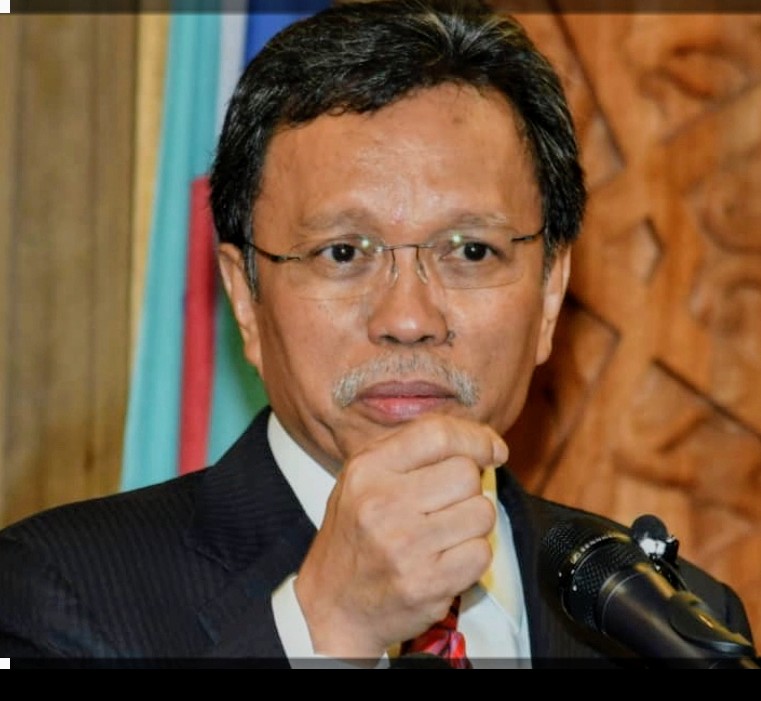Attendees of the launch of the programme posing for a photo. – Pic courtesy of the European Union
European Union, ILO, Unicef launch 18-month scheme in Tawau for education, training.
TAWAU – Three international bodies have joined forces to launch an 18-month programme to protect the rights of children in Tawau’s oil palm plantations, providing them with better access to education and training opportunities.
Through the programme, the European Union, the International Labour Organisation (ILO) and the United Nations Children’s Fund (Unicef) are working together to promote socio-economic inclusion and help address the root causes of child labour in the region.
The groups explained that the programme was expected to reach children, young people and their families, both documented and undocumented, living and working in and around oil palm plantations in Tawau.
The project, which was launched here today, will run until June 2025.
It would include, among others, efforts to improve data collection of children working in and around oil palm plantations; increase awareness of child rights issues that are the root causes of child labour among key stakeholders; ideate and accelerate solutions to address child rights issues that are the root causes of child labour; and produce a replicable education and training model.
The groups also hoped to formulate a joint roadmap between the Malaysian government and the UN towards the eradication of child labour and related child rights issues in Sabah.
About 19,800 underage workers aged 5 to 17 are working in the oil palm industry in Sabah, according to the 2018 Employment Survey in Plantations report prepared by the federal government.
This figure is about 58.8% of total underage workers estimated to be working in oil palm plantations throughout Malaysia, which was recorded at about 33,600.
According to cooperation team leader at the delegation of the EU, Audrey-Anne Rochelemagne, child labour in Sabah’s oil palm plantations is widespread, with most of them working to assist their parents, risking their physical safety, health, education and development.
“Eradicating child labour is a top priority for the EU, and working proactively to prevent it is all the more urgent right now. We know that strong, local partnerships are essential to understanding, addressing and preventing child labour.
“Limited access to formal education, child protection and childcare services on oil palm plantations worsens the situation. The EU and its member states are committed to ensuring sustainable initiatives where no one is left behind,” said Rochelemagne.
Meanwhile, Unicef’s representative in Malaysia, Robert Gass, said that every child, no matter their legal status, had a right to a childhood and the full range of rights guaranteed in the Convention on the Rights of the Child.
“We believe that change is possible for children working in and around plantations if all sectors – public and private – work together to prevent and address the root causes leading to child labour and to promote remedies when it occurs.
“Partnership with stakeholders on the ground, like we are building today, is urgent for children in Sabah,” he said.
Children of oil palm plantation workers face numerous barriers to accessing alternative employment opportunities. These include lack of documentation, discrimination, isolation and limited access to education.
Gass said it was common for young people aged 16 and above from the plantation community to be engaged as workers on the plantation.
Without training and skills enhancement, young workers tend to remain in the high-risk and low-paid sector, making it difficult to break out of the vicious cycle of poverty.
Meanwhile, ILO deputy regional director for Asia and the Pacific, Panudda Boonpala, said that ILO appreciated the collaboration with the Malaysian government and key stakeholders, including employers, in making collective efforts to address the challenge of child labour.
“Child labour is a severe human rights abuse and a form of labour exploitation, both globally and nationally. It not only prevents children from accessing education that they need for a better future, but also hinders older children from acquiring the skills that could enhance their employability,” Boonpala said. – Scoop.











